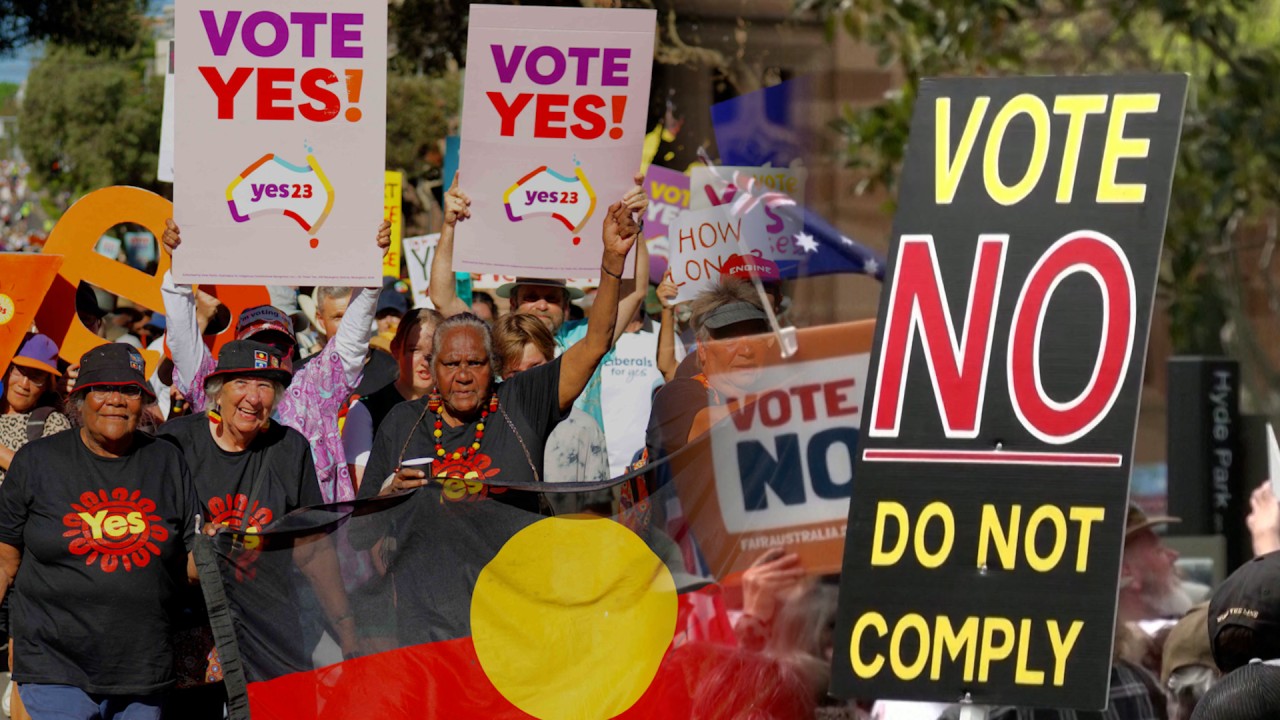As Australia, New Zealand go to the polls on October 14, are indigenous rights at stake?
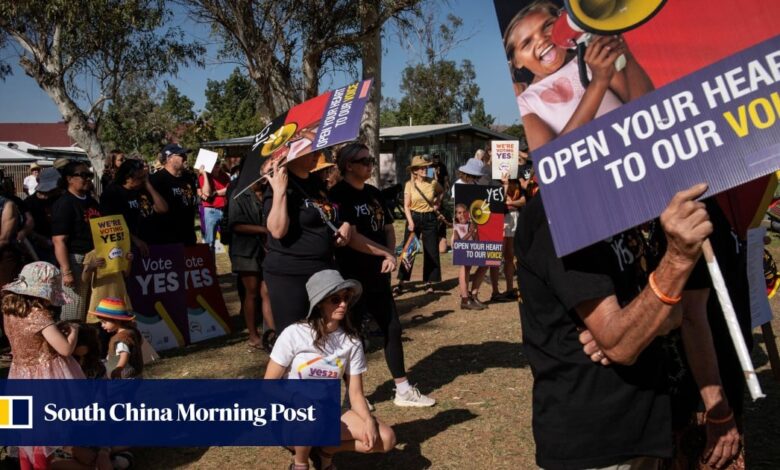
[ad_1]
But New Zealand’s Association of Consumers and Taxpayers (ACT) Party, a right-wing party led by David Seymour, has run an election campaign to reduce the influence of the Waitangi treaty, saying the Maori should not have special rights.
“New Zealand is being transformed into a country where your rights depend on who your ancestors were,” the ACT Party said. The party’s support will most likely be needed by the leading National Party alongside the New Zealand First party to form government, according to poll numbers.
In Australia, the same language is used by the referendum’s No supporters, notably by opposition party leader Peter Dutton who said the referendum would “re-racialise Australia”. He was later rebuked by other politicians for spreading misinformation and disinformation.
The referendum is about recognising Australia’s first nations people, but No voters say they are against a voice for Aboriginal Australians because they claim it would afford rights to Australians based on their racial heritage.
Some, such as retired High Court justice Ian Callinan, are concerned with legal disputes arising from a changed constitution or that there could be better ways to help Aboriginal Australians.
Racism against indigenous Australians has continued to run rife, with increasingly toxic slurs and debate online.
There have also been racist attacks against prominent Aboriginal leaders who support the Yes vote, such as Thomas Mayo and Marcia Langton. Langton said last month that the No campaigners had accused Aborigines of being “bludgers” and liars.
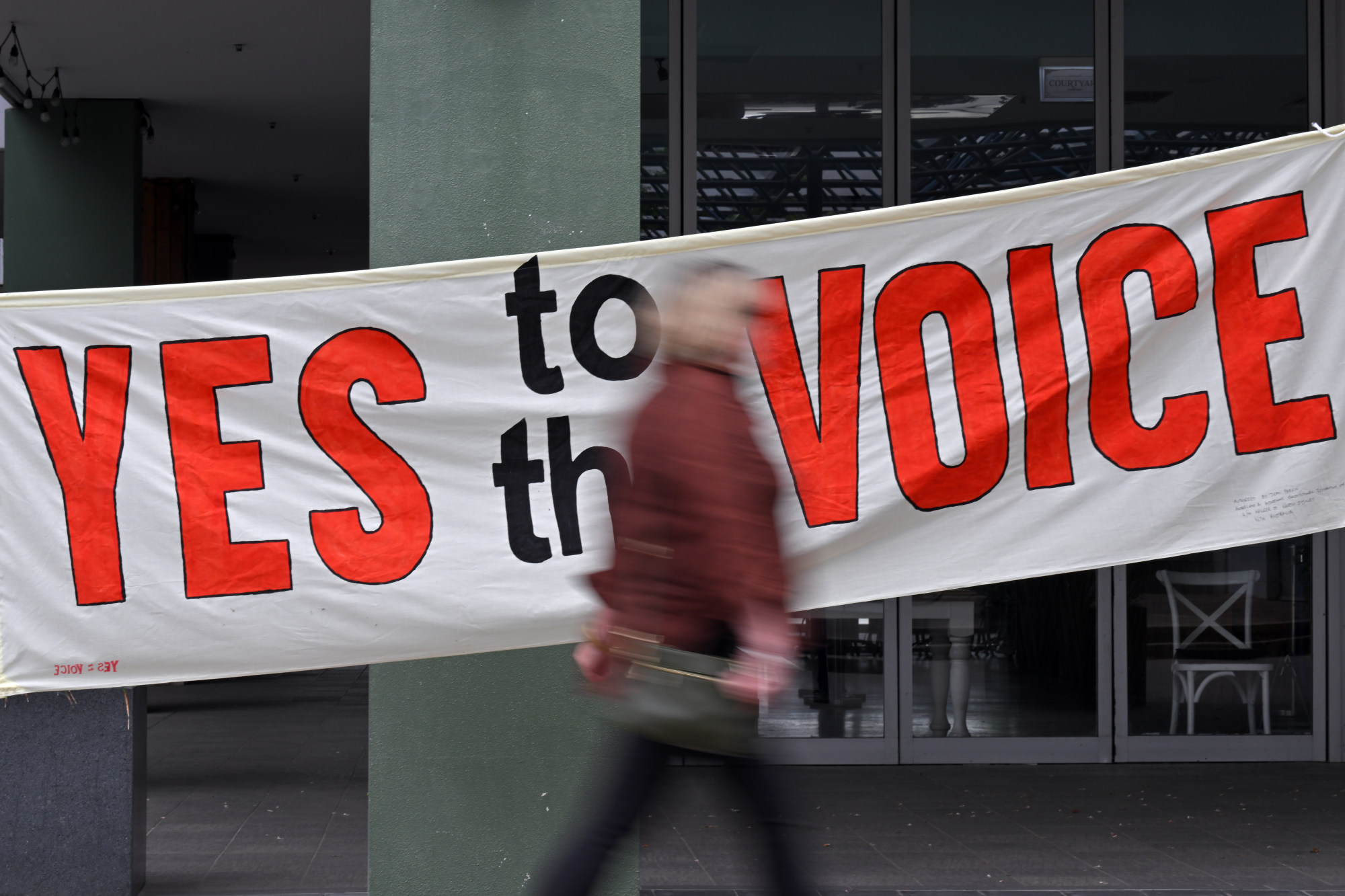
Human rights commissioner Chin Tan last week said tackling racism was now an “urgent national priority”, and the way debates stoked racism and hurt Australia’s first nations people had been disappointing.
“Misinformation and disinformation have run rampant, bringing racism in this country to the fore,” Tan said. “For such ideologies to be permitted and often uncontested in the national debate is profoundly dangerous, and totally unacceptable.”
The No campaign also drew false comparisons with New Zealand’s Waitangi treaty. In April, Australian Senator Jacinta Price made false claims that the Waitangi Tribunal, a commission of inquiry established under the treaty, had veto powers over the government.
“It is just plain wrong,” said Michael Belgrave, a historian at New Zealand’s Massey University, adding that the tribunal only had power to make recommendations to the government.
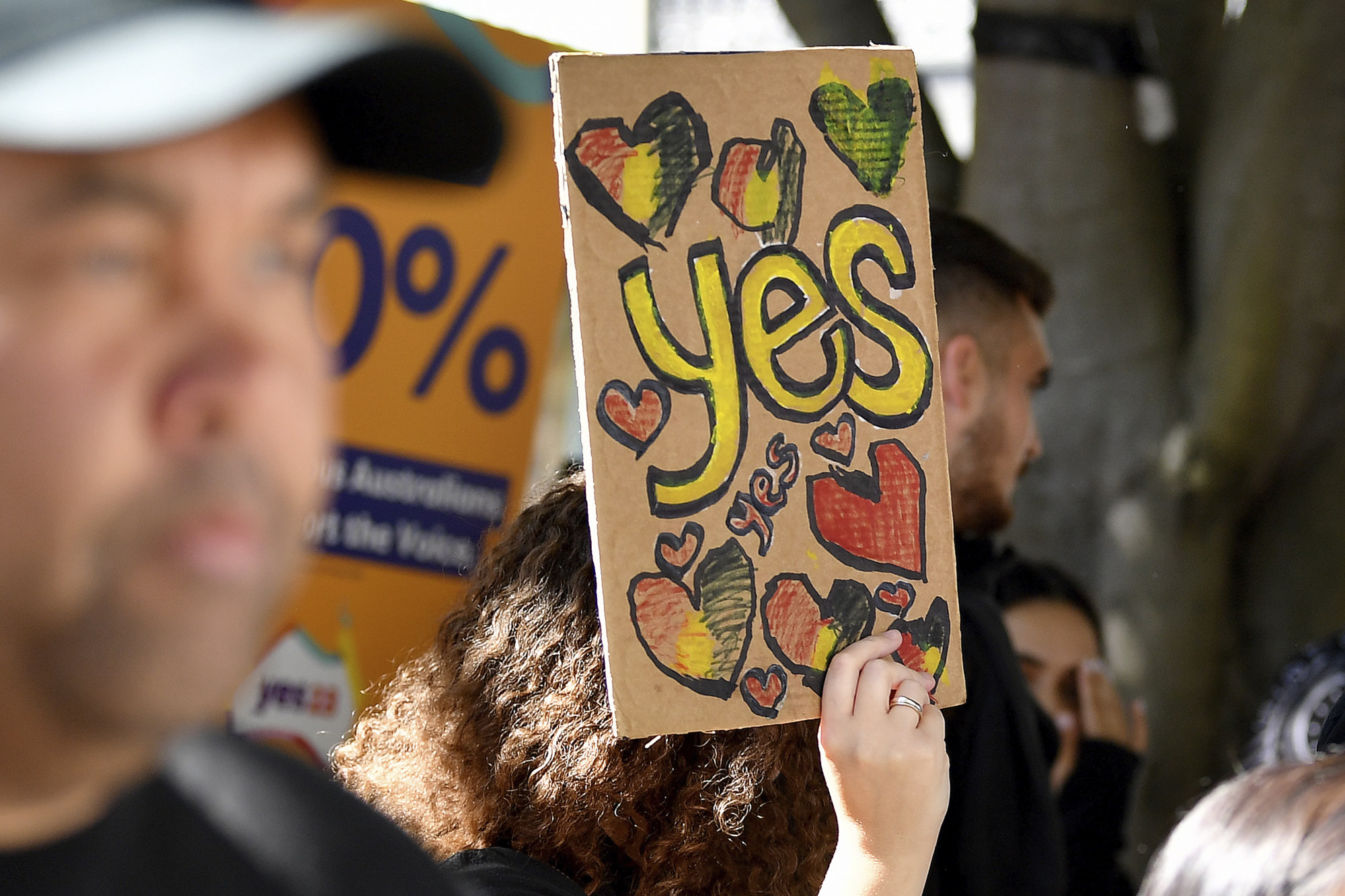
What about race?
The Waitangi treaty has been monumental in quashing racism and insulating New Zealand against a backlash to immigration despite rising nationalism, psychology professor James Liu at Massey University said.
He said the treaty “endowed New Zealanders with a convention for working through issues of equality and inequality, inclusion” and exclusion and carried a commitment towards cultural diversity in the construction of New Zealand’s national identity, he said.
“The visibility of culture and ethnicity at the heart of this foundational document of New Zealand sovereignty provides its people with a degree of inoculation against the worst of race-based nationalism,” he added.
Therefore, white supremacist or parochial attitudes tend to be more acceptable in Australia, where there is no recognition for its indigenous people, he said.
How will New Zealand’s economic slump play out for jobs – and the election?
How will New Zealand’s economic slump play out for jobs – and the election?
But the treaty is now a target, given a dissatisfied electorate looking for change amid rising costs of living and crime. When the ACT Party’s Seymour discussed “reducing waste in government” or “fairness”, it resonated [with some voters], Liu said.
“These arguments fuse nicely with [Seymour’s] anti-treaty discourse, which is another aspect of fairness, where he argues that some Maori are becoming privileged because of the treaty industry,” Liu said.
New Zealand’s election reflects the tensions and anxieties that had emerged from the pandemic, with anti-government sentiment and low trust in politics, sociologist Paul Spoonley said, resulting in a “rather nasty” election tone and exposing racial divides.
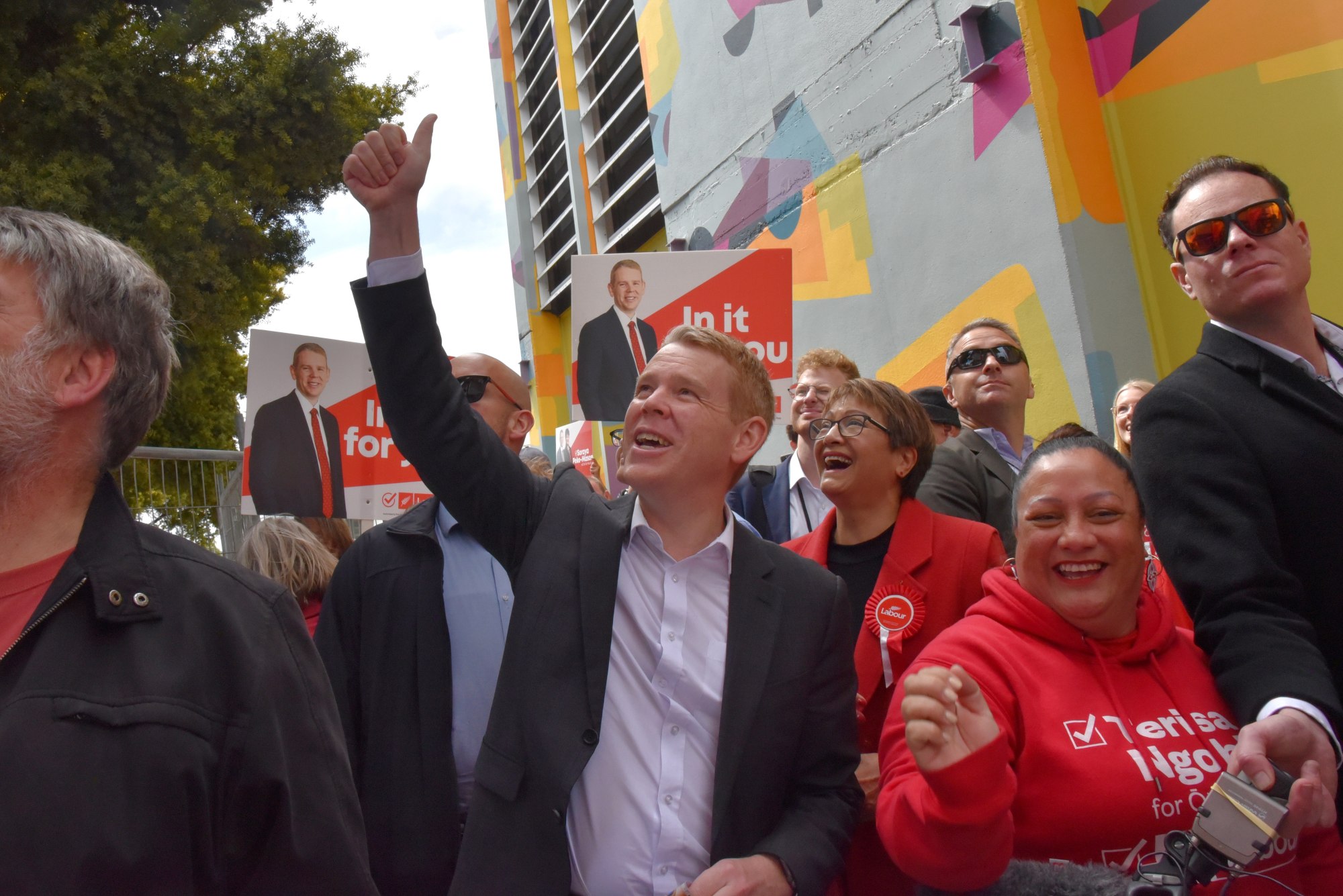
Attempting to counter the misinformation, former Australian High Court chief justice Robert French said last Friday that “suggestions that an over speaking indigenous voice to parliament might deluge all and sundry and the executive government with its opinions” were not right.
“A plan for positive change: so the next generation of indigenous Australians can live a better life. Gracious, generous, optimistic – and practical,” he said.
[ad_2]
Source link


